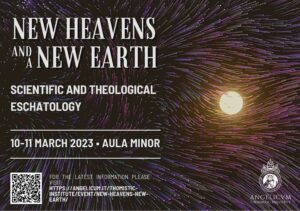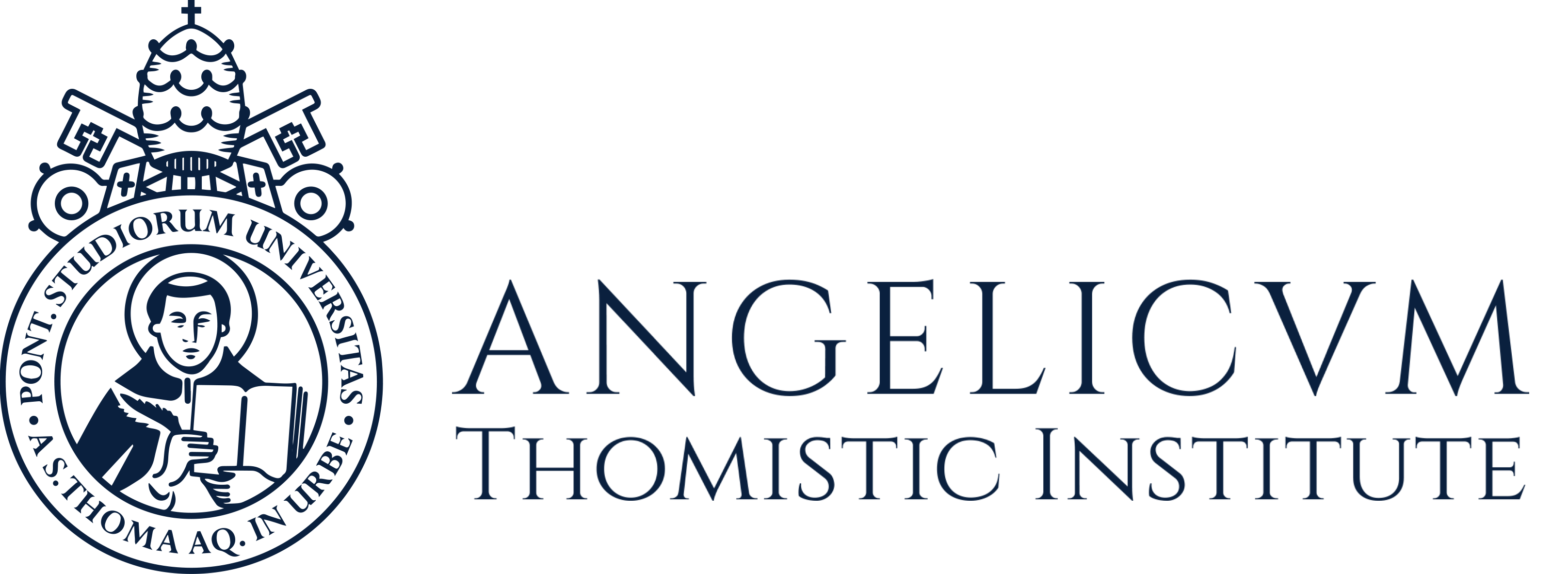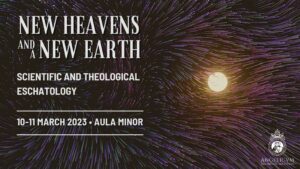Immortal Diamonds: Contemporary Science and the Problem of Incorruptibility
Thomas Davenport, OP
Pontifical University of St. Thomas Aquinas
The Scriptures, the Fathers of the Church, and later theological speculation give us various images of what the New Heavens and New Earth will be like. Whatever the details, they all portray an eternal and incorruptible paradise. As easy as it is to imagine a physical object being permanent, contemporary science suggests that everything ultimate breaks down and corrupts. On the surface, this seems an intractable problem where contemporary science must be completely left behind and theological hope completely takes over. Taking inspiration from St. Thomas Aquinas’ insistence that the New Heavens and New Earth will be made of the same matter as the things of this world, I will look at what prospects there might be for any continuity at all between how we understand physical bodies today and the perfect incorruptibility of the Resurrection. How much of modern science (particularly physics and chemistry) do we have to discard to conceive of an incorruptible physical object, and is what we are left with even worth discussing?
Thomas Davenport, OP is a professor Incaritato of Philosophy at the Pontifical University of St. Thomas Aquinas (Angelicum). He a BS in Physics from the California Institute of Technology and a PhD from Stanford University studying theoretical particle physics. The focus of his scientific research was writing and testing simulations for high energy particle colliders like the LHC at CERN. After joining the Dominicans in 2010, he studied philosophy and theology in preparation for his ordination to the priesthood in 2017. He earned a PhL from the Catholic University of America in 2018 and is working towards a PhD in Philosophy at the Angelicum with a concentration on philosophy of nature and philosophy of science. He is a frequent speaker on topics related to the intersection of faith and science and a contributor to a number of projects in this area. In addition, he serves on the Board of Directors of the Society of Catholic Scientists.
Related Content



